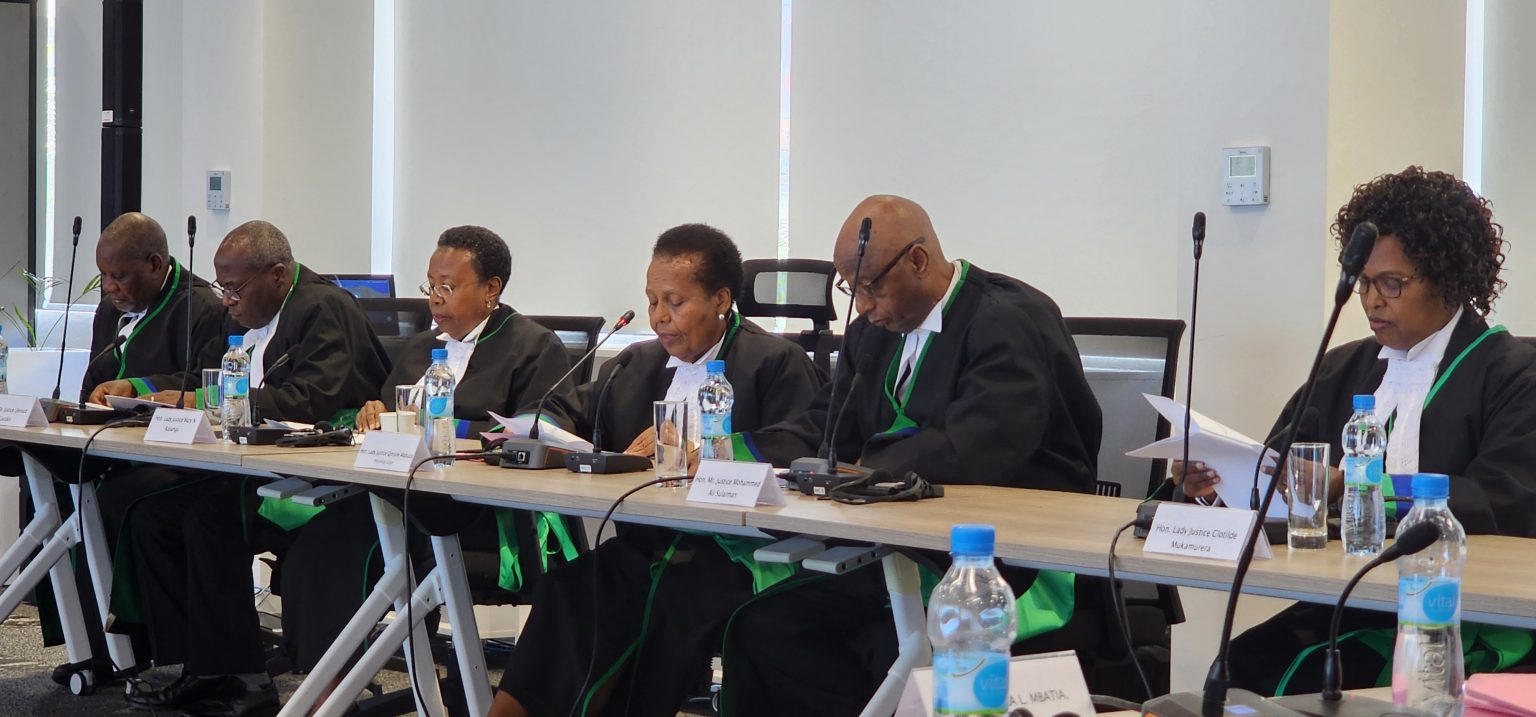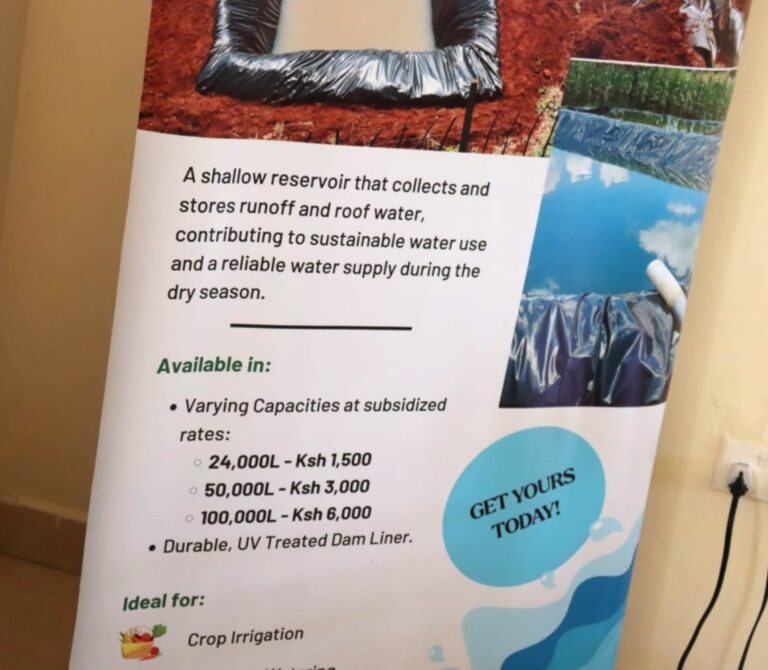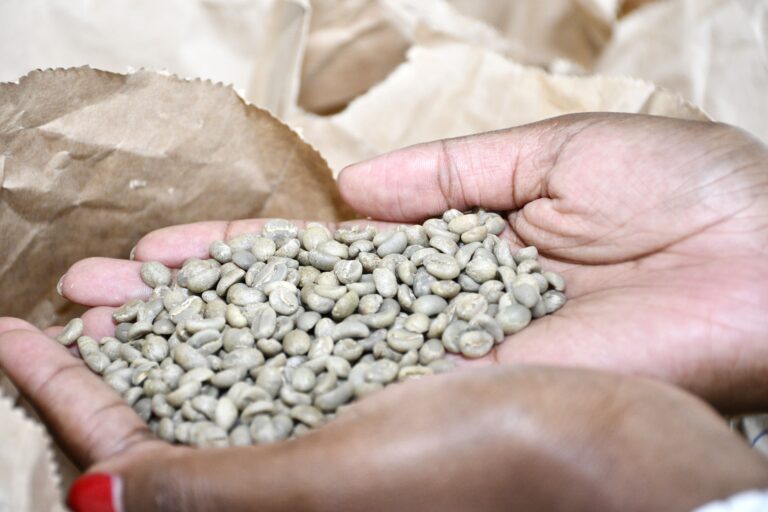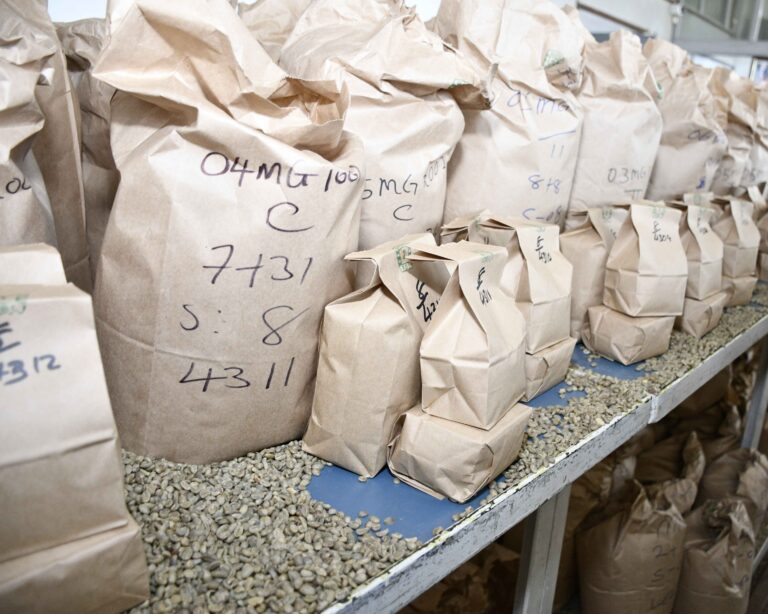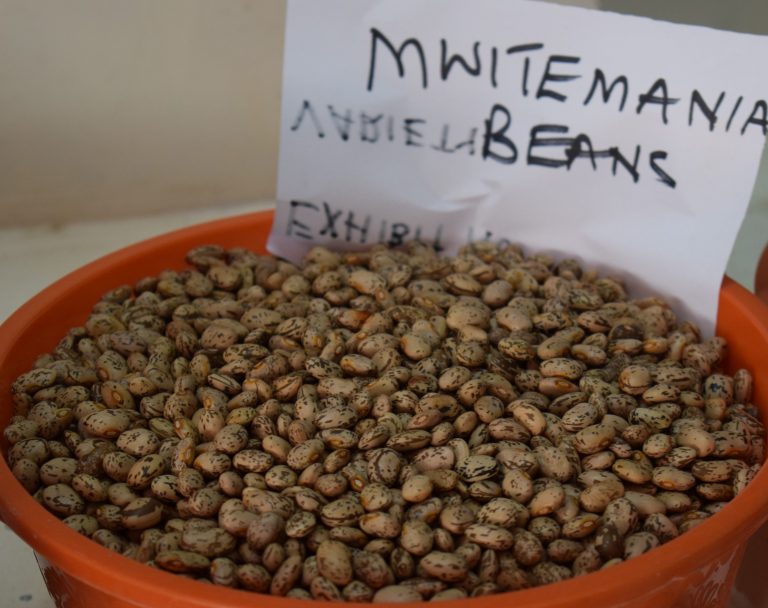By Kimuri Mwangi
While safeguards remain an important trade remedy measure for protecting domestic industries, countries should be wary of using them arbitrarily sometimes disguised as trade barriers.
This is demonstrated in a landmark ruling by the First Instance Division (FID) of the COMESA Court of Justice (CCJ) in the case of Agiliss Ltd v The Republic of Mauritius and 4 others (Reference No.1 of 2019).
The case involved the use of safeguard measures as a trade remedy within the Common Market for Eastern and Southern Africa (COMESA). Agiliss Ltd is a Mauritian company that imports basic commodities, including pre-packaged edible oils, from Egypt, another COMESA Member State.

In 2018, the Government of Mauritius, citing the surge of imports in the domestic edible oil industry, invoked Article 61 of the COMESA Treaty (the Treaty) on safeguard measures and notified the COMESA Secretariat of its decision to impose a 10% customs duty on imported edible oils from the COMESA Member States. The safeguard measure was intended to protect the domestic industry.
Aggrieved by this decision which had not been communicated, Agiliss Ltd engaged the Government in discussions but to no avail. Consequently, Agiliss Ltd filed the Reference before the COMESA Court of Justice, challenging the legality of the safeguard measure and seeking an order to prohibit the Government of Mauritius from imposing any customs duty or other non-tariff barriers on the import of edible oil into the Republic of Mauritius from the COMESA region.
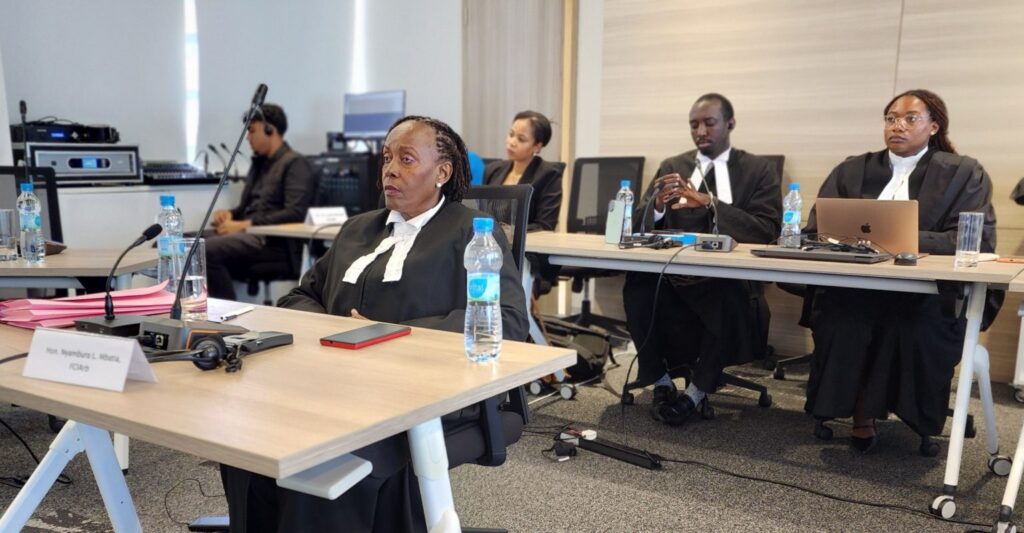
This case had been remitted back to the FID by the Appellate Division (AD) of the COMESA Court of Justice for the hearing of the main Reference. The AD overturned the decision earlier rendered by the FID declaring that it lacked jurisdiction because Agiliss Ltd had not exhausted local remedies under Article 26 of the Treaty. The AD held that there were exceptional circumstances in Mauritius which relieved Agiliss Ltd from the need to comply with the rule on exhaustion of local remedies.
On 4th February 2025, the FID delivered a landmark decision in favour of Agiliss Ltd. The Court found that the Government of Mauritius had violated the Treaty and the COMESA Regulations on Trade Remedy Measures, 2002 (the Regulations) in several key aspects.
This included the failure to conduct a proper investigation, lack of stakeholder consultation, and the breach of notification obligations under the Treaty and the Regulations. The Court emphasised that the notification of the safeguard measure should have been sent to the COMESA Secretary General and all Member States, and not just the Secretary-General. The Court further highlighted that the process of imposing safeguard measures must comply with the Treaty and the Regulations from the very beginning.

The Court declared that the decision of the Government of Mauritius to impose the safeguard measure and all consequential steps taken thereafter were null and void. The Court further restrained the Government of Mauritius from implementing the safeguard measure and ordered it to bear half of the costs of the Reference.
This case sets a precedent for future trade disputes within COMESA and highlights the Court’s crucial role in maintaining the rule of law and interpreting the Treaty and its subsidiary legislation.


